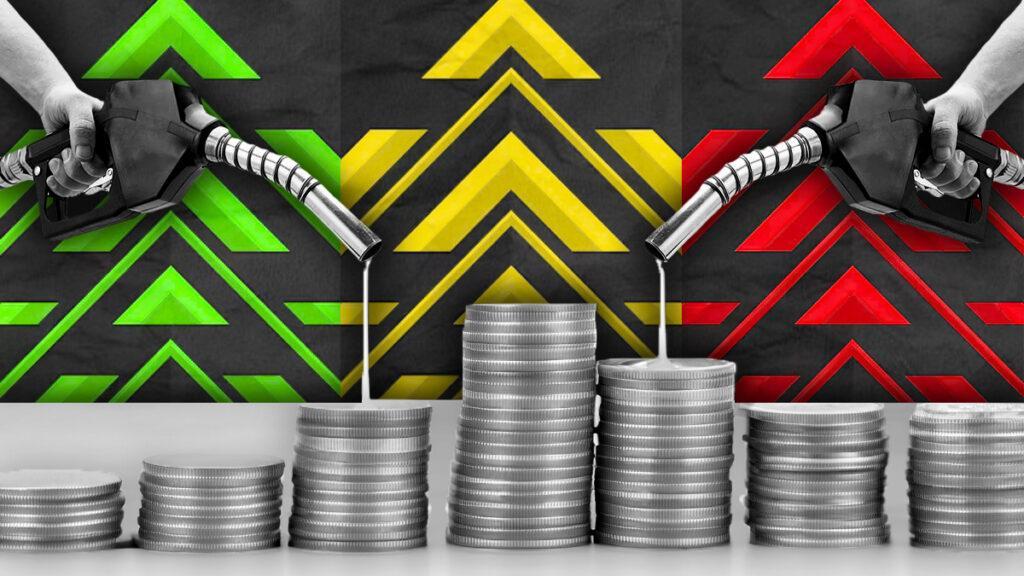Africa-Press – South-Africa. South Africa’s excessive government spending is the main reason behind the Finance Minister raising the General Fuel Levy, with it seen as a soft target for the state.
This is feedback from Road Freight Association CEO Gavin Kelly, who outlined the impact of the fuel levy increases on the industry and South Africans.
In his Budget Speech on 21 May, Finance Minister Enoch Godongwana announced an inflation-linked increase to the General Fuel Levy.
Godongwana said this was intended to compensate for the lost revenue from the reversed VAT hike and lower-than-expected tax receipts resulting from a deteriorating growth outlook.
“It means from the fourth of June this year, the General Fuel Levy will increase by 16 cents per litre for petrol and by 15 cents per litre for diesel,” Godongwana said.
This will result in a General Fuel Levy of R4.01 per litre for petrol at the pump and R3.85 per litre for diesel. As a result, taxes will make up 29.9% of the price of petrol and 33% of the price of diesel at the pump.
Kelly said these increases will translate into rising costs for all South Africans, with 85% of goods being transported via road in the country.
This makes fuel an almost universal input into the economy, with an increase in its price raising the price base of the economy.
“There is this sort of rolling impact along the whole line that extends beyond just the final transport leg to get the goods to where they are sold,” Kelly told Newzroom Afrika.
Increases in the fuel levy also raise concerns about inflation in the country, as they push prices higher almost instantly.
While other factors impacting the fuel price are temporary, such as a spike in oil prices or a strengthening rand, the levies are locked in and unchanging.
And so, while the Reserve Bank can ‘look through’ the short-term impact of a spike in oil prices, an increase in levies permanently raises the cost of fuel and thus prices.
Fuel levy a soft target
Road Freight Association CEO Gavin Kelly
The steady increase in fuel prices over the past decade has led to calls for a revision of the current pricing formula.
President Ramaphosa and Godongwana have promoted this, but nothing has changed so far due to the potential impact on government revenue.
Kelly said any reform of the fuel pricing formula will be unlikely to translate into meaningful, sustainable relief for consumers without more efficient government spending.
“It goes to the basis of how the South African government finds revenue to fund the costs of government and financing its services.”
Increasingly, the government has to consider how it is going to pay off and finance its growing debt burden, with debt-servicing costs being the fastest-growing item in the Budget.
“Using the fuel levy is one of the easiest methods of raising revenue. It is a large base of taxpayers across which the increase can be spread,” Kelly said.
While personal income tax and corporate income tax are highly concentrated, anyone who purchases fuel in South Africa pays the General Fuel Levy.
“If you increase the levy by a few cents, you then spread the so-called base on which you tax across millions of South Africans,” Kelly said.
“However, the problem is that this has become a very easy lever for the government just to find funds that they cannot find anywhere else.”
“The real issue here is that the government needs to cut its spending, not just find easier avenues to generate revenue.”
Alongside cutting spending, Kelly said that great benefits would come from just spending the existing funds more effectively and using the money for its stated intention.
Source: dailyinvestor
For More News And Analysis About South-Africa Follow Africa-Press






